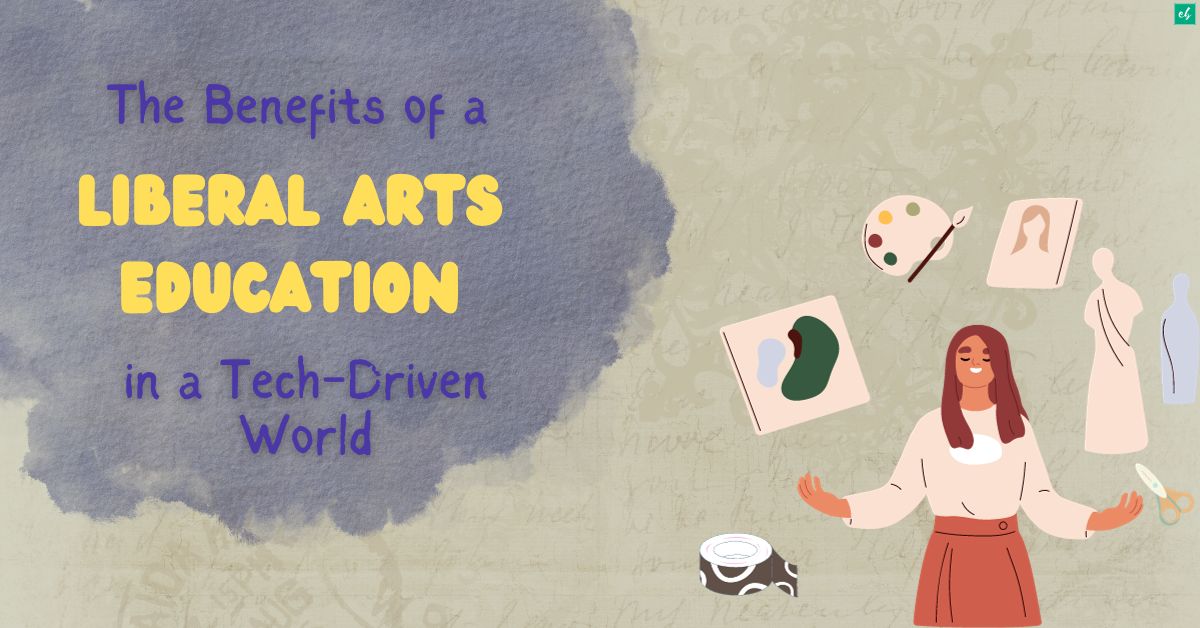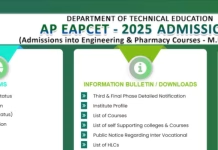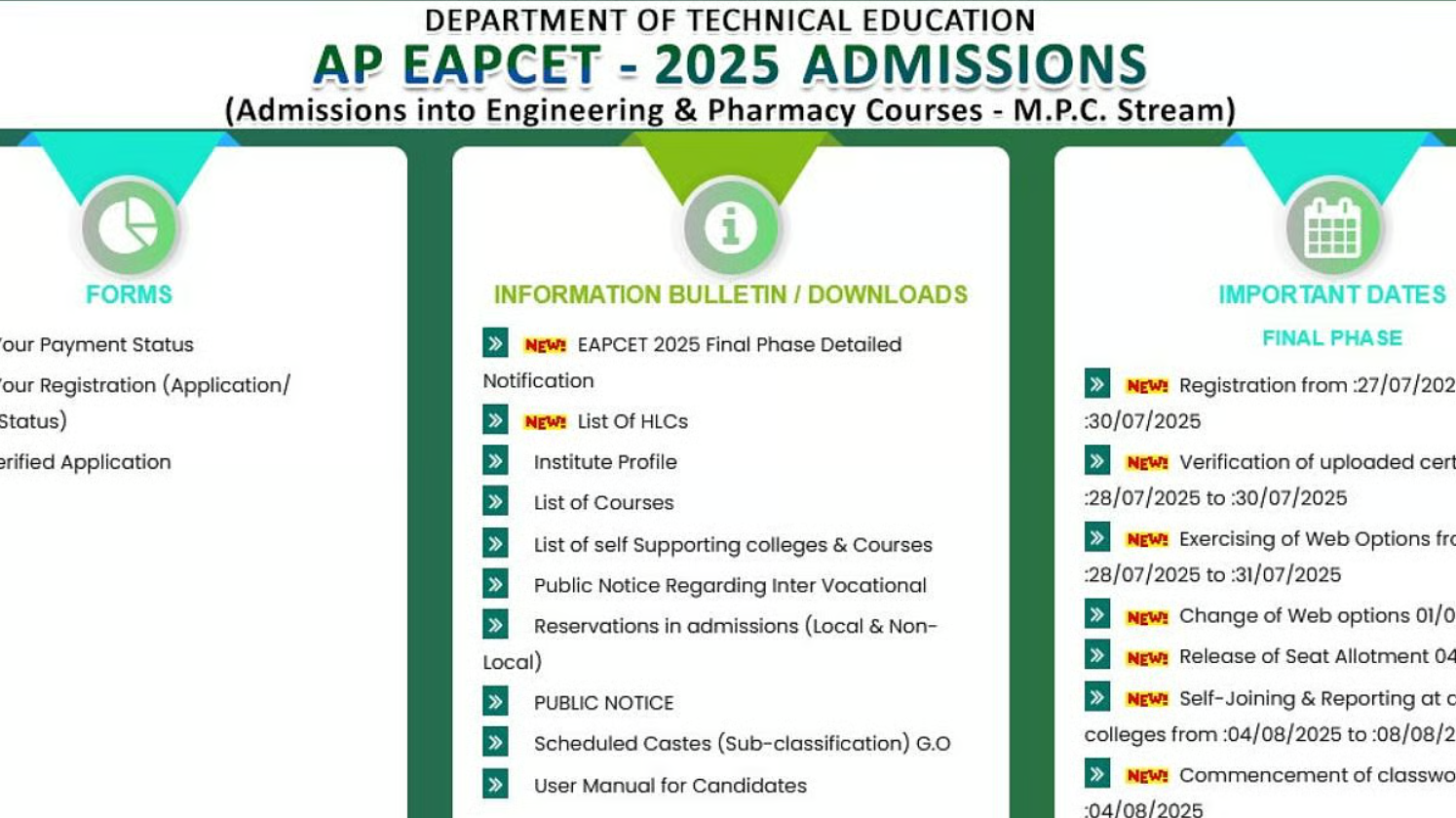Benefits of a Liberal Arts Education
In today’s competitive world, choosing the right education path is crucial for personal and professional growth. One option that has gained significant recognition is a liberal arts education. In this article, we will explore the numerous benefits of pursuing a liberal arts education and how it can help individuals excel in various aspects of life.
Enhanced Critical Thinking Skills
A liberal arts education places a strong emphasis on critical thinking skills. Through a diverse range of subjects such as literature, philosophy, and history, students are encouraged to analyze, evaluate, and question various perspectives. This process of critical thinking not only broadens their intellectual horizons but also equips them with the ability to think independently and make well-informed decisions.
Interdisciplinary Approach
One of the key advantages of a liberal arts education is its interdisciplinary approach. Unlike specialized degrees that focus solely on a specific field, a liberal arts education encourages students to explore a wide range of subjects. This interdisciplinary approach fosters a holistic understanding of the world, enabling individuals to make connections between different disciplines and think creatively.
Effective Communication Skills
Communication skills are vital in today’s interconnected world. A liberal arts education places a strong emphasis on written and verbal communication skills. Students engage in extensive reading, writing, and presentations, which enhance their ability to articulate their thoughts effectively. These skills are invaluable in various professional fields, where effective communication can lead to career advancement and success.
Global Perspective
A liberal arts education provides students with a global perspective. By studying different cultures, languages, and societies, individuals develop a deeper understanding and appreciation for diversity. This global awareness fosters empathy, tolerance, and the ability to work collaboratively with people from different backgrounds. In an increasingly globalized world, these skills are highly sought after by employers.
Adaptability and Versatility
One of the standout advantages of a liberal arts education is its ability to produce adaptable and versatile individuals. The diverse range of subjects and skills acquired during a liberal arts education enables graduates to navigate various career paths. Whether it be in business, technology, or the arts, liberal arts graduates possess a broad skill set that allows them to quickly adapt to new roles and challenges.
Career Opportunities
Contrary to popular belief, a liberal arts education does not limit career opportunities. It opens doors to a wide range of professions. The skills acquired during a liberal arts education, such as critical thinking, communication, and adaptability, are highly sought after by employers. Graduates can pursue careers in fields such as business, law, education, journalism, and public service.
Personal Growth and Well-Roundedness
A liberal arts education not only focuses on academic excellence but also personal growth and well-roundedness. By exploring a variety of subjects, individuals develop a broader understanding of the world and themselves. This self-discovery fosters personal growth, empathy, and a sense of purpose. Additionally, the exposure to different perspectives and ideas cultivates a lifelong love for learning.

A liberal arts education offers numerous benefits that go beyond traditional career prospects. It enhances critical thinking skills, provides a global perspective, fosters effective communication, and cultivates adaptability. By pursuing a liberal arts education, individuals can develop a well-rounded skill set that prepares them for success in a rapidly changing world. Embracing the power of a liberal arts education can truly set individuals apart and empower them to make a positive impact in both their personal and professional lives.
Frequently Asked Questions
1. What is a liberal arts education?
A liberal arts education is a well-rounded approach to learning that encompasses a wide range of subjects, including humanities, sciences, social sciences, and arts.
2. What are the benefits of a liberal arts education?
A liberal arts education promotes critical thinking, creativity, communication skills, and a broad understanding of the world, preparing individuals for various career paths.
3. Can a liberal arts education lead to successful careers?
Absolutely! Liberal arts graduates possess transferable skills that are highly valued by employers, making them adaptable and competitive in today’s job market.
4. Is a liberal arts education only for students interested in humanities?
No, a liberal arts education is for anyone who wants a well-rounded education. It offers diverse courses in various disciplines, allowing students to explore their interests and strengths.
5. Will a liberal arts education limit my career options?
Not at all. A liberal arts education provides a solid foundation for a wide range of careers, including business, law, healthcare, technology, and more.
6. Are there any financial benefits to pursuing a liberal arts education?
Yes, studies have shown that liberal arts graduates often have higher earning potential over the course of their careers due to their strong critical thinking and problem-solving abilities.
7. Can a liberal arts education help me become a better citizen?
Absolutely. Liberthroughoutfosters civic engagement, ethical reasoning, and a deeper understanding of societal issues, empowering individuals to make positive contributions to their communities.
8. Are there opportunities for research and hands-on learning in a liberal arts education?
Yes, many liberal arts colleges and universities provide ample research opportunities, internships, and experiential learning programs, allowing students to apply their knowledge in real-world settings.
9. How does a liberal arts education contribute to personal growth?
Through its emphasis on critical thinking, self-reflection, and exposure to diverse perspectives, a liberal arts education helps individuals develop a deeper understanding of themselves and the world around them.
10. Can a liberal arts education help with graduate school admissions?
Absolutely. Many graduate programs value the broad-based education and intellectual skills gained through a liberal arts education, making it an excellent foundation for advanced studies.




